Fishery represents ‘step in the right direction towards self-governance’
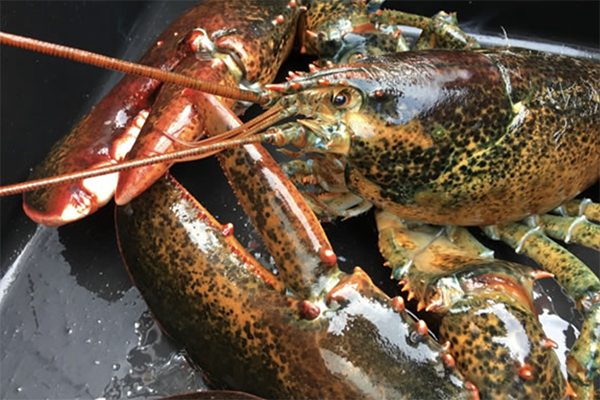
On April 30, 2022, the Pictou Landing First Nation will start operating a moderate livelihood lobster fishery off the coast of Nova Scotia. Located on the province’s north shore, Pictou Landing First Nation will fish up to 900 traps, which will be marked with a tag issued by the First Nation.
“Our community harvesters are very excited to have developed this path forward and I am pleased to see that they are able to provide for their families and our community through exercising their Treaty Rights,” said Chief Andrea Paul, the elected leader of Pictou Landing First Nation. “The courts have spoken and seeing our community members out on the waters, safely exercising their rights is an exciting day for everyone in Pictou Landing!”
With the understanding of the Department of Fisheries and Oceans Canada (DFO), Pictou Landing’s authorized harvesters will be permitted to harvest and sell lobster fished from known as Lobster Fishing Area (LFA) 26A, which is their traditional fishing territory. Approximately 25 members of the community have reportedly registered to fish and sell their catch under the plan and are being issued traps and tags by the First Nation.
“This understanding recognizes the right of the community to fish for a moderate livelihood while ensuring conservation of the species that helps sustain our local economy,” said the Honourable Sean Fraser, Minister of Immigration, Refugees and Citizenship of Canada.
According to a news release from the Assembly of Nova Scotia Mi’kmaw Chiefs, Pictou Landing and DFO met through formal consultation and reached an interim understanding of how the community would implement its Netukulimk Livelihood Fisheries Plan. This was done without signing any agreements or changing their position on treaty rights.
“Our community built a solid plan, and we were open and transparent with industry and government alike on what our harvesters wanted to do,” said Chief Paul. “We recognize the work undertaken by our fellow Mi’kmaw communities to see that the Mi’kmaq of Nova Scotia can earn a living through fishing, which has been an important part of our culture since time immemorial.”
In terms of implementation, the DFO affirms that the fishing plan does not represent an increased fishing effort in the LFA. As part of the plan, designated harvesters must use traps that are clearly marked with a tag issued by the First Nation. Tags are not transferable and the harvester who was issued the tags must be on the vessel.
“Management measures will be similar to the commercial lobster fishery, including traps standards and minimum carapace size, Species at Risk Act requirements, and marine mammal protection measures such as gear marking,” wrote the DFO in a press release.
We recognize the work undertaken by our fellow Mi’kmaw communities to see that the Mi’kmaq of Nova Scotia can earn a living through fishing, which has been an important part of our culture since time immemorial.
In reaching this understanding, the DFO referenced its commitment to advancing reconciliation. Currently, the department is working with First Nations across the Maritime provinces and the Gaspé region of Québec to “implement their Treaty right to fish in pursuit of a moderate livelihood while maintaining healthy fisheries for all harvesters for generations to come.”
“Indigenous reconciliation is a high priority for me and for our government,” said the Honourable Joyce Murray, Minister of Fisheries, Oceans and the Canadian Coast Guard. “This understanding with Pictou Landing First Nation to commence a moderate livelihood fishery this spring marks a significant step toward improving relations with First Nations communities and implementing Treaty rights.”
The Assembly of Nova Scotia Mi’kmaw Chiefs applauded the announcement as a “step in the right direction towards self-governance,” but continued to call for change to the Fisheries Act to “allow for the Mi’kmaq to truly self-govern moderate livelihood fisheries outside of DFO’s system and licenses.”
Follow the Advocate on Twitter @GSA_Advocate
Now that you've reached the end of the article ...
… please consider supporting GSA’s mission to advance responsible seafood practices through education, advocacy and third-party assurances. The Advocate aims to document the evolution of responsible seafood practices and share the expansive knowledge of our vast network of contributors.
By becoming a Global Seafood Alliance member, you’re ensuring that all of the pre-competitive work we do through member benefits, resources and events can continue. Individual membership costs just $50 a year.
Not a GSA member? Join us.
Author
-
Responsible Seafood Advocate
[103,114,111,46,100,111,111,102,97,101,115,108,97,98,111,108,103,64,114,111,116,105,100,101]
Tagged With
Related Posts
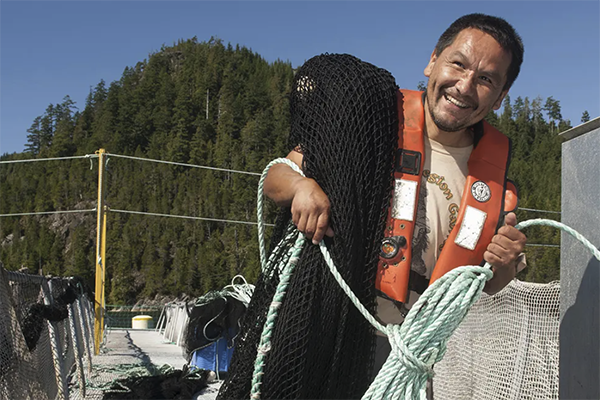
Intelligence
Canadian government invests $9.3 million in Indigenous commercial fisheries in British Columbia
The Canadian government is investing (U.S.) $9.3 million in Indigenous commercial fisheries in British Columbia.
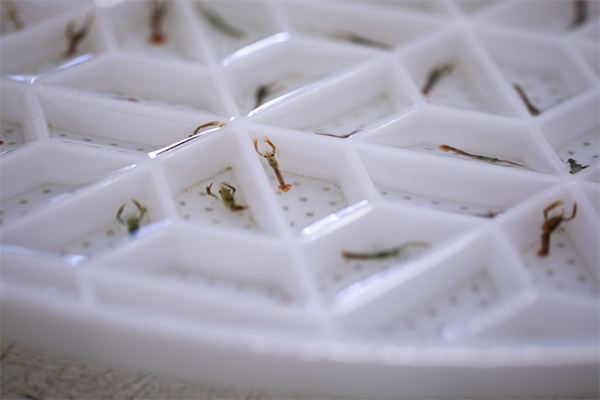
Responsibility
Can a new larval rearing vessel improve UK lobster stocks?
A new type of larval rearing vessel could help improve lobster survival in the hatchery and help support lobster stocks.
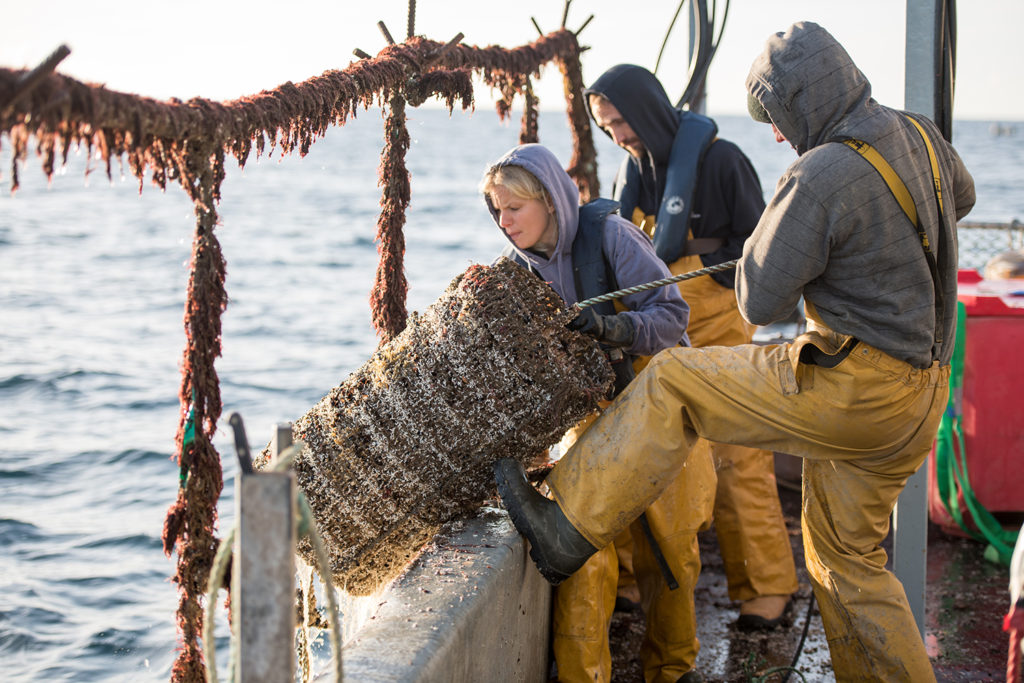
Innovation & Investment
UK lobster-farming project breaks new ground
A project to grow lobsters in the open sea is giving researchers hope that the technology behind stock enhancement could be improved and that lobster farming could provide new prospects for diversification and employment.
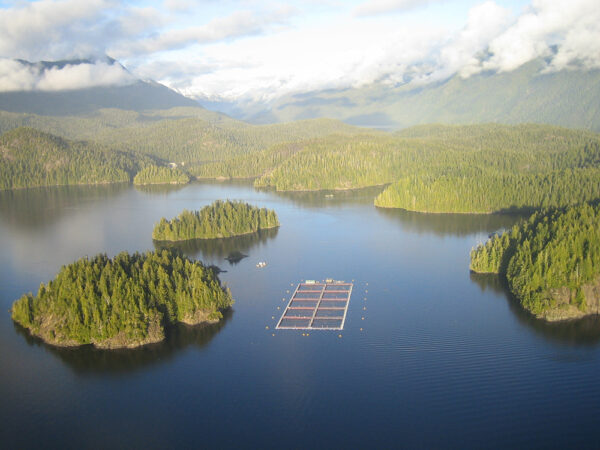
Intelligence
Federal Court rejects Canadian government’s plan to phase out BC salmon farms
The Federal Court has rejected the Canadian federal government's plan to phase out BC salmon farms in the Discovery Islands.



